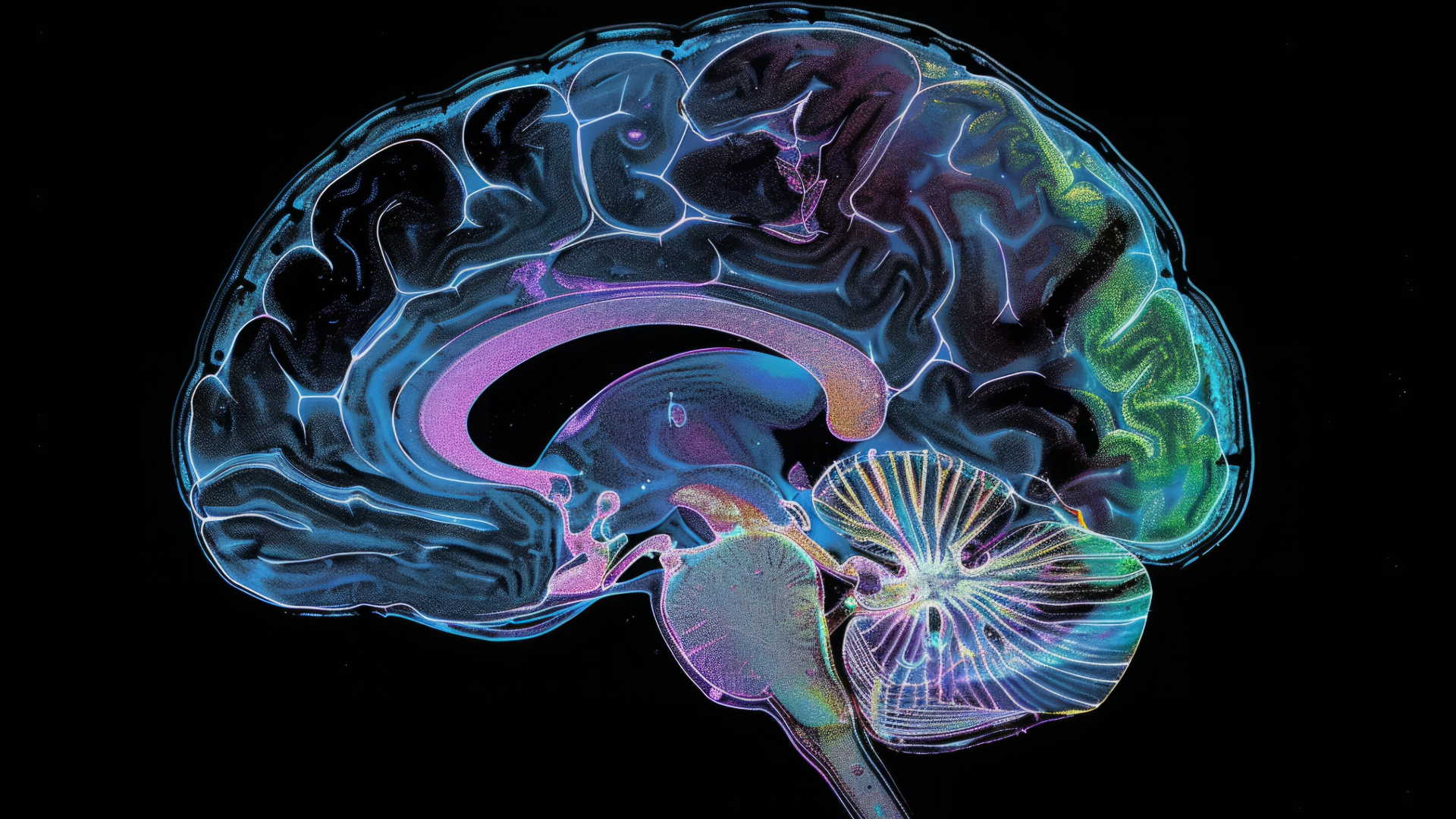The pituitary gland, often called the “master gland,” controls numerous hormones that regulate essential body functions, including growth, reproduction, metabolism, and stress response. When the pituitary gland underproduces one or more of these hormones, a condition known as hypopituitarism occurs. This imbalance can have widespread effects, from fatigue and weight changes to infertility and impaired stress management.
In this blog, we’ll explore how hypopituitarism disrupts hormonal health, the symptoms to watch for, and the steps you can take to manage the condition effectively.
For more on hormonal imbalances, explore:
- Understanding the Role of ADH, Cortisol, and Prolactin in Fluid Balance
- Natural Ways to Lower Elevated Cortisol Levels: Strategies for Long-Term Balance
What is Hypopituitarism?
Hypopituitarism occurs when the pituitary gland fails to produce adequate levels of one or more hormones. These include:
- Cortisol (via ACTH): Regulates stress response and metabolism.
- Thyroid Hormones (via TSH): Control metabolic rate and energy production.
- Sex Hormones (via LH and FSH): Influence reproduction, libido, and secondary sexual characteristics.
- Growth Hormone (GH): Promotes tissue repair, muscle growth, and energy balance.
- Prolactin: Involved in reproductive health and fluid balance.
- ADH (Antidiuretic Hormone): Regulates fluid retention and kidney function.
Hypopituitarism may affect one or multiple hormones, depending on the underlying cause.
Causes of Hypopituitarism
Trauma or Injury
Head injuries can damage the pituitary gland or hypothalamus, disrupting hormone production.
Tumors
Pituitary adenomas or other tumors near the gland can compress it, reducing its function.
Autoimmune Disorders
Conditions like lymphocytic hypophysitis can inflame the pituitary gland, impairing its ability to produce hormones.
Radiation Therapy
Radiation treatment for brain or head cancers may damage the pituitary gland, leading to hypopituitarism.
Infections or Diseases
Meningitis, tuberculosis, or other systemic diseases can impact the pituitary gland’s health.
Congenital Conditions
Some individuals are born with an underdeveloped or malfunctioning pituitary gland.
Symptoms of Hypopituitarism
Symptoms vary depending on the specific hormones affected but may include:
- Cortisol Deficiency:
- Fatigue, low blood pressure, and difficulty managing stress.
- Thyroid Hormone Deficiency:
- Weight gain, cold sensitivity, dry skin, and hair thinning.
- Sex Hormone Deficiency:
- Low libido, infertility, erectile dysfunction in men, and irregular periods in women.
- Growth Hormone Deficiency:
- Reduced muscle mass, increased fat accumulation, and low energy.
- Prolactin Dysregulation:
- Breast tenderness, fluid retention, or reproductive issues.
- ADH Deficiency:
- Excessive thirst, frequent urination, and dehydration (as in diabetes insipidus).
Diagnosing Hypopituitarism
Blood Tests
Evaluate hormone levels such as cortisol, TSH, testosterone/estrogen, and IGF-1 (a marker for growth hormone activity).
Stimulation Tests
Dynamic tests, such as an ACTH stimulation test, assess how well the pituitary responds to hormonal triggers.
Imaging Studies
MRI or CT scans can identify tumors, inflammation, or structural abnormalities affecting the pituitary gland.
Urinalysis
In cases of suspected ADH deficiency, urine tests may measure concentration and volume to detect diabetes insipidus.
How Hypopituitarism Impacts Hormonal Health
Cortisol Imbalances
Low cortisol due to ACTH deficiency impairs the body’s ability to respond to stress, leading to fatigue and an increased risk of infections.
Thyroid Dysfunction
TSH deficiency reduces thyroid hormone production, slowing metabolism and contributing to weight gain, lethargy, and cold intolerance.
Reproductive Issues
Low LH and FSH levels disrupt the production of testosterone and estrogen, causing infertility, low libido, and mood changes.
Growth and Recovery
Growth hormone deficiency reduces muscle mass, energy levels, and tissue repair, affecting physical performance and recovery.
Fluid Regulation
Low ADH levels cause frequent urination and dehydration, while imbalances in other hormones may lead to water retention or bloating.
Managing Hypopituitarism
Hormone Replacement Therapy
The cornerstone of hypopituitarism treatment is replacing deficient hormones. Options include:
- Cortisol:
- Hydrocortisone or prednisone restores stress-response capability.
- Thyroid Hormones:
- Levothyroxine replaces T4, improving energy and metabolism.
- Sex Hormones:
- Testosterone replacement for men and estrogen-progesterone therapy for women.
- Growth Hormone:
- Synthetic growth hormone (somatropin) can improve muscle mass and energy levels.
- ADH:
- Desmopressin treats symptoms of diabetes insipidus.
Lifestyle Modifications
- Diet:
- Focus on whole foods rich in essential nutrients like magnesium, zinc, and omega-3s to support overall health.
- Exercise:
- Engage in moderate physical activity, such as strength training and yoga, to improve energy and resilience.
- Stress Management:
- Practice mindfulness, meditation, or breathing exercises to lower stress and support adrenal health.
Regular Monitoring
Routine blood tests and follow-up appointments are essential to adjust hormone therapy and ensure optimal levels.
Natural Support for Pituitary Function
Adaptogenic Herbs
Herbs like ashwagandha and rhodiola rosea may support adrenal function and help balance stress-related hormones.
Nutritional Support
- Vitamin D:
- Essential for hormonal health and immune function.
- Sources: Sun exposure, fatty fish, and fortified foods.
- Magnesium:
- Reduces cortisol and supports muscle relaxation.
- Sources: Spinach, almonds, and avocados.
- Zinc:
- Enhances reproductive hormone production and supports pituitary health.
- Sources: Shellfish, beef, and seeds.
Adequate Sleep
Quality sleep is critical for pituitary recovery and optimal hormone production. Aim for 7–9 hours per night and establish a consistent sleep schedule.
When to Seek Medical Attention
If you experience persistent symptoms like fatigue, low libido, or unexplained weight changes, consult a healthcare provider. Prompt diagnosis and treatment of hypopituitarism are crucial to prevent complications such as adrenal crises or severe metabolic issues.
Conclusion
Hypopituitarism is a complex condition with far-reaching effects on hormonal health and overall well-being. By understanding its causes, symptoms, and treatment options, you can take proactive steps to manage the condition and improve your quality of life. Whether through hormone replacement therapy, lifestyle changes, or natural support, restoring hormonal balance is achievable with the right approach.
For more insights on managing hormonal health, explore:








